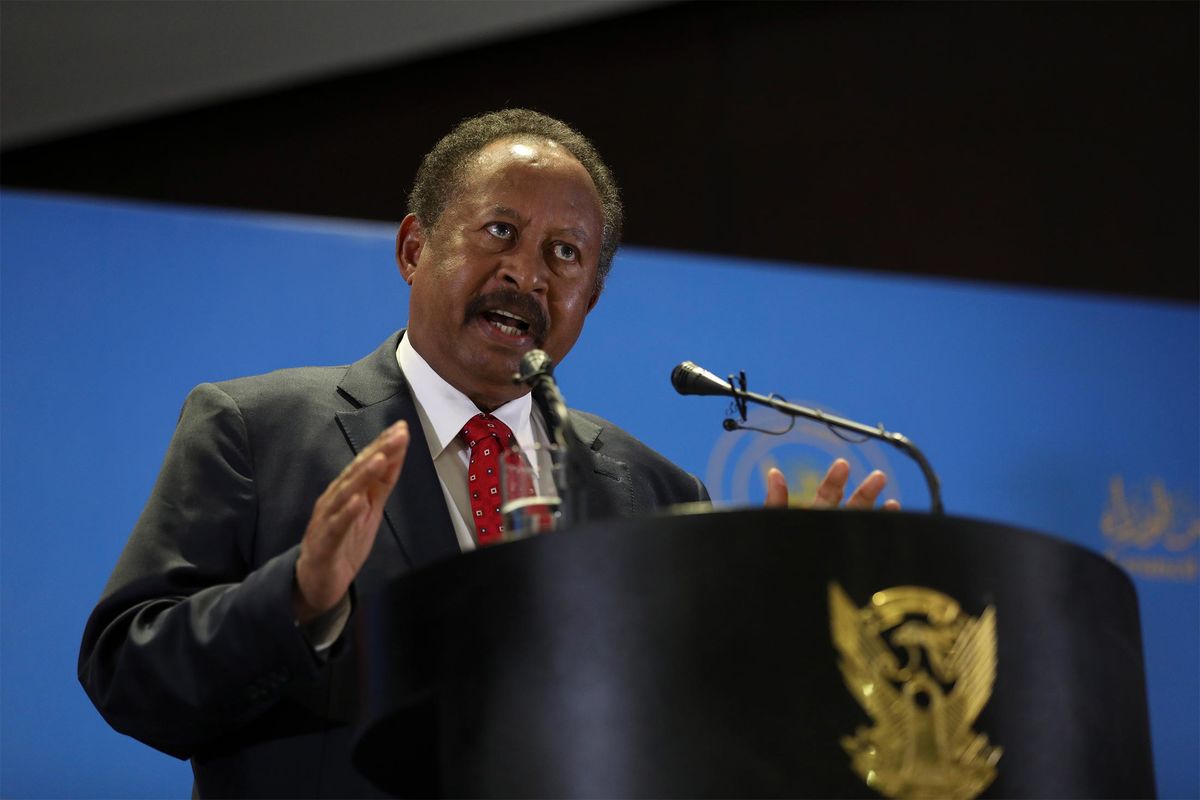The struggle for democracy in Sudan has hit the reefs yet again with Sunday’s resignation of the Prime Minister, Abdallah Hamdok. The parting of ways has been announced in the midst of a political deadlock and pro-democracy protests, almost endemic now in this swathe of Africa. In the net, the beleaguered country’s decidedly fragile transition to democratic governance following a military coup has been derailed.
It would be pertinent to recall that barely two months ago, Sudan’s transitional government had reinstated Hamdok as the Prime Minister as part of a deal with the military in the aftermath of the coup in October. The civilian face of the country’s transitional government, he as the PM had failed to name a cabinet. His resignation plunges Sudan into political uncertainty in parallel to the forbidding security and economic challenges.
Advertisement
In a televised address to the nation on Sunday, Hamdok appealed for talks to agree on what they call a “national charter”, and to draw a roadmap to complete the transition to democracy, one that he hoped would be concordant with the 2019 constitutional document that governs Sudan’s transitional period.
“I decided to return the responsibility and declare my resignation as Prime Minister,” he said. The resignation, he was confident, would allow a chance for another person and complete the transition to what he called a “civilian, democratic country”. He did not name a successor, however. And yet in an exceptional moment of candour, the outgoing Prime Minister said that his efforts to bridge the widening rift and settle disputes among the political forces had failed. He warned that the ongoing stalemate since the military takeover could graduate to a full-blown political crisis and further damage Sudan’s stuttering economy.
In the moment of his resignation, Hamdok, a well-respected economist, has spared a thought for Sudan’s future. The current crisis is intrinsically political, and the political forces are ranged against Hamdok. Indeed, he had taken over last month to lead a cabinet of technocrats, but the overarching presence of the military ensured that protests continued. A political stalemate in the aftermath of a military takeover can only set the clock back at a direly critical juncture for Sudan. In the absence of the Prime Minister ~ there is no indication yet as to who his successor will be ~ the country has been rendered rudderless at a critical juncture.
Hamdok’s statement after his resignation does suggest that he may yet spare a thought for the future of his country and its economic well-being. Arguably, no harm will be caused if he is reinstated in the Prime Minister’s office, with the military playing second fiddle. But that may not happen and therefore governance in Sudan will remain in limbo. For the sake of the country, the uncertainty must end.











